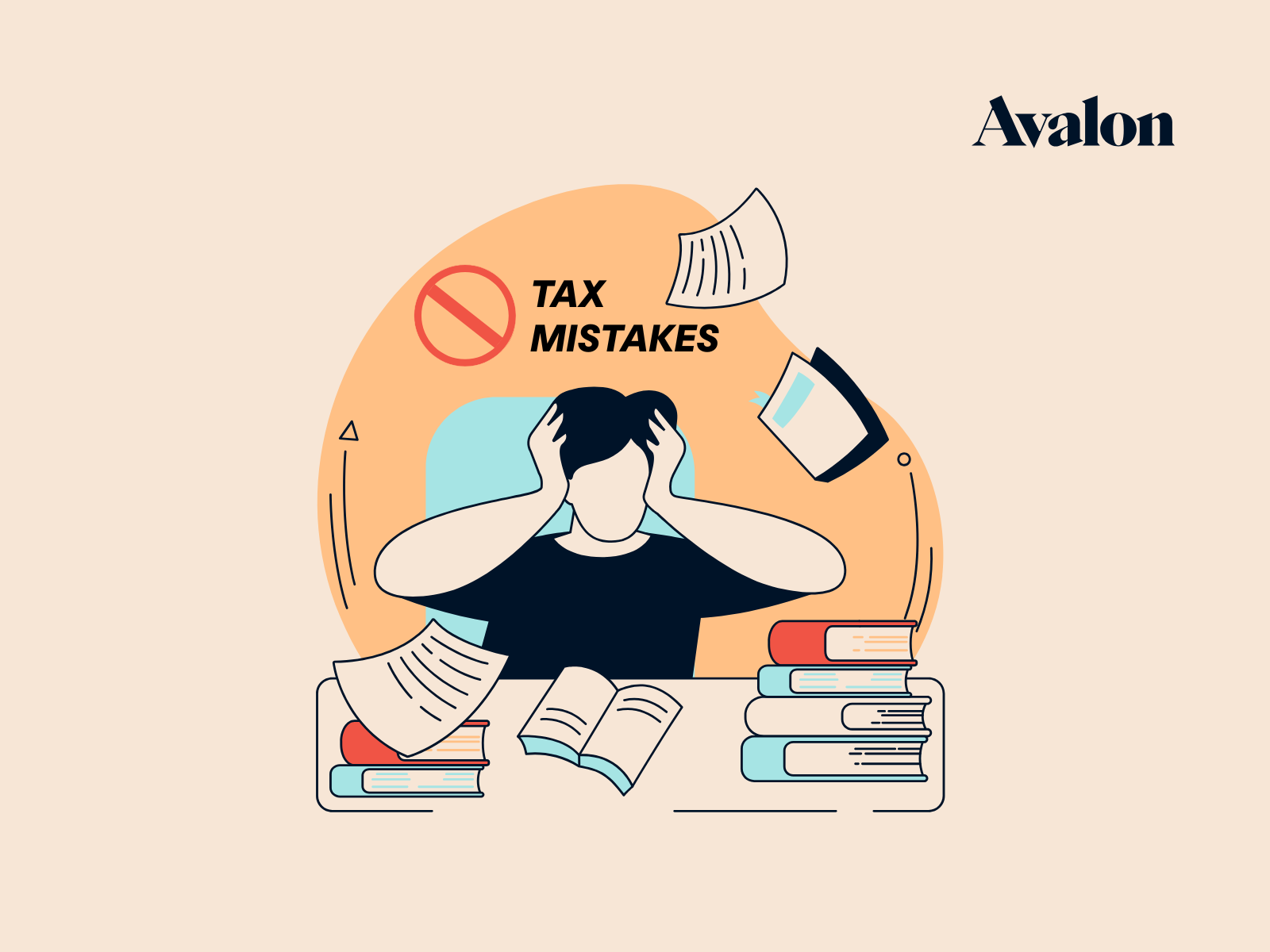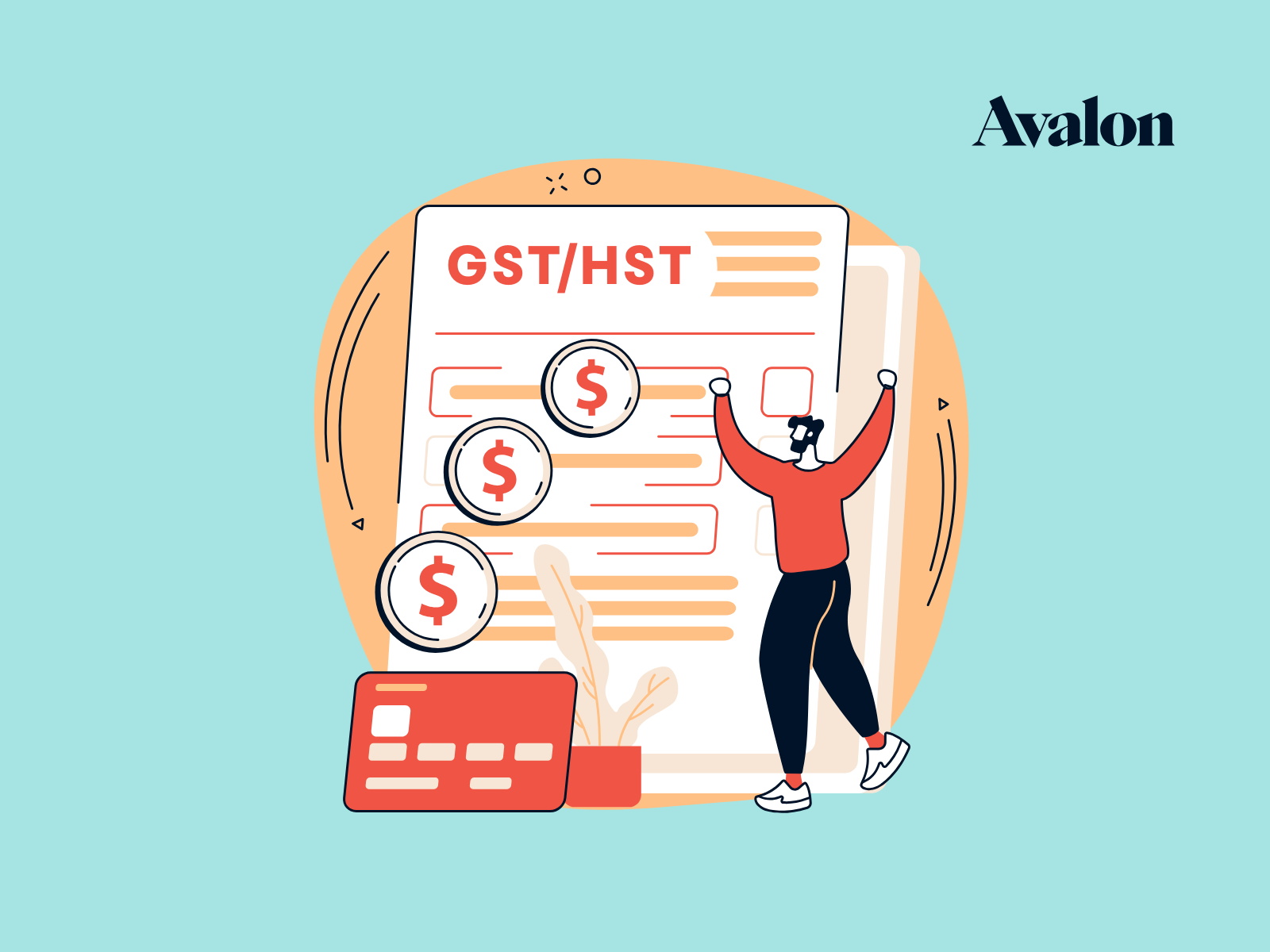EHT in BC - What You Need to Know
The Employer Health Tax, or EHT, was introduced in British Columbia on January 1, 2019. This article will explain what EHT is and how it affects you as a business owner. We’ll also look at what you need to do to register for the Employer Health Tax.
What is the Employer Health Tax in BC?
Introduced on January 1, 2019, the Employer Health Tax is an annual tax that BC employers may have to pay. It is part of the province’s efforts to eliminate Medical Service Plan (MSP) premiums in BC.
There is a debate going on about whether this is a fair and reasonable way to help eliminate MSP premiums as it places a large burden on small businesses. We’ll leave that discussion for another day. This article is written to help you understand the tax and to give you the tools to stay compliant and out of trouble.🎉
Now that we know what EHT is, let’s find out who has to register for and pay it.
Who Has to Pay EHT in BC?
The requirement to register for EHT in BC is based on the total amount of BC wages, benefits and allowances paid in a calendar year by an employer. This is referred to as total BC Remuneration.
The tax applies to businesses with BC remuneration greater than $500,000 in a year and registered charities with BC remuneration greater than $1,500,000 in a year.
What is BC Remuneration?
You’ll see this term a lot, so it will help to define it up-front. BC remuneration is:
- All remuneration paid to employees who report for work at a permanent establishment in BC, and
- All remuneration paid to employees who do not report for work at a permanent establishment, but are paid from or through a permanent establishment in BC
Those basics are likely enough to help understand the rest of the article, but you can also find full details on BC remuneration on the Province of BC's EHT page.
Who Has to Register for the Employer Health Tax?
Generally, the tax applies to businesses paying BC remuneration greater than $500,000 in a given year. There are a few other pieces to the puzzle; businesses that must register include:
- Employers with BC remuneration of more than $500,000 in a calendar year must register.
- Registered charitable or non-profit employers must register if they have BC remuneration of more than $1,500,000 in a calendar year.
Associated employers with combined BC remuneration of more than $500,000 in a calendar year must register for EHT. (more on associated employers below)
1. Employers with more than $500,000 BC Remuneration
If you are an employer and pay BC remuneration more than $500,000 in a calendar year, then you have to register for EHT.
2. Charity / Non-profit with more than $1,500,000 BC Remuneration
If you have a registered charity or non-profit organization that pays BC remuneration more than $1,500,000 n a calendar year, then you have to register for EHT.
3. Associated employers with more than $500,000 combined BC Remuneration
Associated employers are a group of employers that are connected with each other by ownership and/or relationship between individuals.
The concept can become complicated depending on ownership structures. Further information on whether you are part of a group of associated employers can be found on this BC Government webpage.
The basic idea is that if you or a group of owners own multiple businesses, and the total BC remuneration for those businesses is greater than $500,000, then all businesses need to register for EHT.
Example - Business with Locations in Victoria and Calgary
Moe’s Marketing is a business with one location in Victoria, BC, and one location in Calgary, AB.
In 2019 the Victoria office employed 7 workers with wages and benefits totaling $450,000.
The Calgary office employed 5 workers paying $300,000 in wages and benefits in that same period.
Moe’s Marketing will not have to register for EHT. The total BC remuneration was only $450,000 which is less than the $500,000 threshold.
The remuneration paid to the Calgary staff does not count towards the threshold because they report to work at a permanent establishment outside of BC.
Alternatively, if Moe’s Marketing hired a few more staff at the Victoria office in 2020 and had BC remuneration of $501,000, then they would have to register for EHT in 2020.
Example - Owner of Multiple Businesses (Associated Employers)
Paul is the sole owner of an incorporated bakery located in Smithers, BC. He also runs a small café in Whistler as a sole proprietor.
The Smithers bakery has been operating steadily for more than ten years and pays $390,000 in wages and benefits each year.
The Whistler café opened in 2018 and has been getting busier each year. The café paid total remuneration of $80,000 in 2019 and $150,000 in 2020.
Because these businesses are both owned by the same person, they are considered to be associated employers for the purpose of calculating total BC remuneration.
The EHT thresholds for both businesses would be calculated as:
- 2019 - $390,000 (Smithers bakery) + $80,000 (Whistler café) = $470,000
- 2020 - $390,000 (Smithers bakery) + $150,000 (Whistler café) = $540,000
The 2019 total BC remuneration is only $470,000 for the associated businesses, so neither business is required to pay EHT.
The combined 2020 BC remuneration for both businesses was $540,000. This exceeds the threshold, so both businesses must register for and pay EHT for 2020.
Example - Employees Working Remotely
Shawna owns a software development company that is based out of Kelowna, BC. The company employs workers at their Kelowna office as well as a few remote workers in Alberta and Ontario.
The company’s 2019 payroll totals $550,000 and breaks down like this:
- $220,000 paid to Kelowna based workers
- $330,000 paid to remote workers in Alberta and Ontario
To determine whether the company exceeds the $500,000 threshold for BC remuneration, we have to go back to the definition of BC remuneration.
- All remuneration paid to employees who do not report for work at a permanent establishment, but are paid from or through a permanent establishment in BC
This applies to the remote workers in Alberta and Ontario. They don’t report to a permanent establishment, but they are paid through the permanent establishment in Kelowna, BC. Therefore, the full $550,000 must be used in the EHT threshold calculation.
Total BC remuneration is $550,000, so the company must register for EHT and pay the tax.
How Much Will EHT Cost Your Business?
The cost of the Employer Health Tax for your business will depend on the amount of BC remuneration paid in a given year. Calculating the tax cost to your business is reasonably straight-forward once you know the rules.
Employers (Not Charities or Non-Profit Organizations)
There are three tiers for businesses that are not registered charitable organizations or non-profits. EHT is calculated differently for each tier.
BC Remuneration of $500,000 or less
These businesses don’t pay EHT at all. They are under the exemption amount of $500,000.
BC Remuneration between $500,000.01 and $1,500,000
These businesses pay a reduced amount calculated as:
- 2.925% x (BC remuneration - $500,000 exemption)
For example, a business with $900,000 of BC remuneration is entitled to the $500,000 exemption. They would owe $11,700 in EHT.
BC Remuneration Greater than $1,500,000
These businesses pay the tax on their total BC remuneration calculated as:
- 1.95% * total BC remuneration
For example, a business with BC remuneration of $1,750,000 is above the $1,500,000 threshold and is not entitled to the exemption amount. They would owe $34,125 in EHT.

Charitable or Non-Profit Employers
There are also three tiers for registered charities or non-profit organizations. EHT is calculated differently for each tier.
BC Remuneration of $1,500,000 or less
These organizations don’t pay EHT at all. They are under the exemption amount for charities and non-profit organizations of $1,500,000.
BC Remuneration between $1,500,000.01 and $4,500,000
These businesses pay a reduced amount calculated as:
- 2.925% x (BC remuneration - $1,500,000 exemption)
For example, a registered charity with $2,000,000 of BC remuneration is entitled to the $1,500,000 exemption. They would owe $14,625 in EHT.

How to Register for EHT
There are a few steps to register for the Employer Health Tax in British Columbia. You’ll need some specific information with you as well.
Navigate to the eTaxBC website and choose “Employer Health Tax” from the “Register” section. Follow the on-screen directions to enter your business’ information into the forms.

You’ll need the following info:
- Your federal business number (BN)
- Mailing address and business location address (if different)
- The date your permanent establishment started in BC (if later than December 31, 2017)
- Your incorporation number and date, if your business is incorporated.
There is additional information required for some applicants as well:
- Registered charities will need the registered charity number.
- Businesses incorporated outside of bc need a copy of the incorporation documents.
- Partnerships require a copy of the partnership agreement.
Still Need Help with EHT?
If you’re still looking for help or more information on the Employer Health Tax you can take a look through the Province of BC’s website. It’s full of quite thorough information on the subject.
Or, if you’d rather speak with a real human, you can call the Province’s helpline 1-877-387-3332. I’ve actually had a lot of success calling them with questions in the past.






%20BC_%20What%20Is%20It%20and%20How%20Does%20It%20Affect%20Businesses.png)





